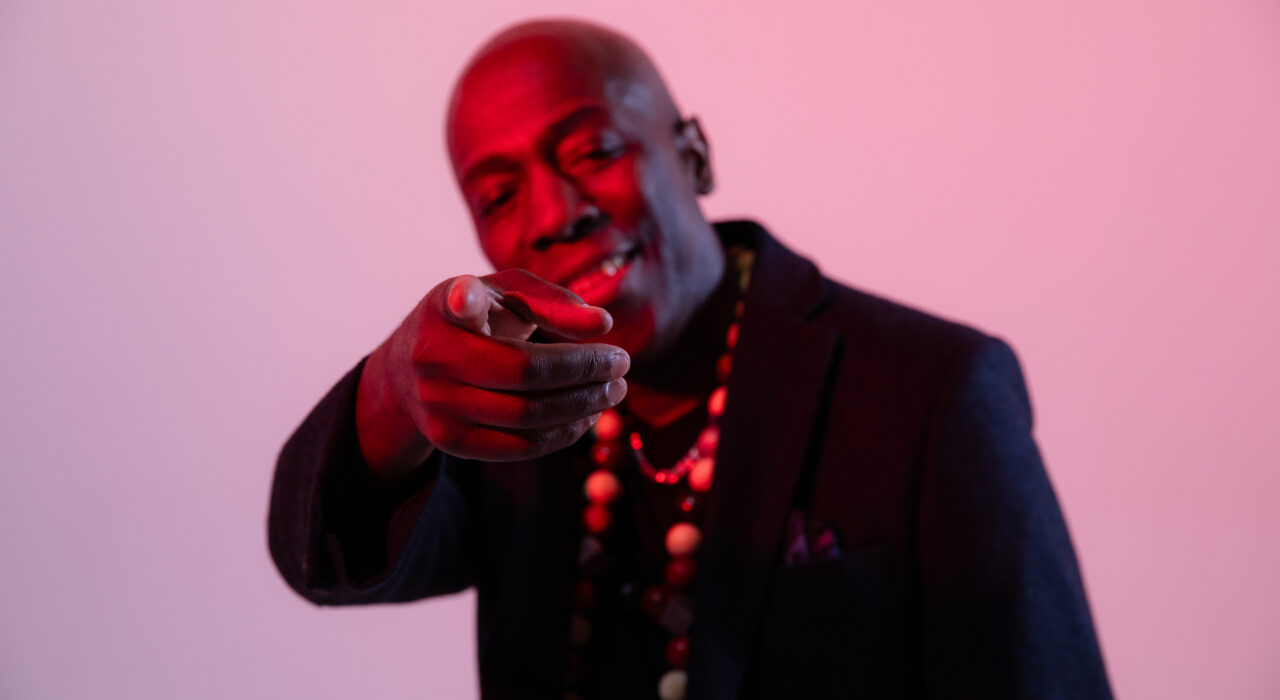Who Decides What Coaching Looks Like in the Music Industry?
The UK music industry hit a record £7.6 billion in 2023, supporting over 210,000 jobs. But behind the success stories lies a quiet crisis:
👉 73% of UK musicians report poor mental wellbeing
👉 68% have considered leaving the industry altogether
These numbers are not just concerning—they’re unsustainable.
In this landscape, emotional support is no longer a luxury. It’s a strategic necessity. And at the heart of this shift is a rising question:
Who decides what coaching should look like in the music industry?
Coaching: Is it the New Frontier in Artist Development?
Traditionally, artist development focused on performance, production, and promotion. Artists were offered vocal training, studio time, and maybe a bit of brand guidance. But today’s artist is expected to be far more: a content creator, public speaker, social media strategist, mental health manager, and business owner—often with no formal support.
This is where coaching is starting to play a vital role. But unlike tour management or legal support, coaching for artists remains undefined and inconsistent. There’s no central body setting standards, no official model every artist has access to.
So who’s shaping it? Who decides what good coaching looks like—and who it’s for?
The Forces Shaping Coaching in the Music Industry
- Professional Coaching Bodies
Organizations like the International Coaching Federation (ICF) and the European Mentoring and Coaching Council (EMCC) set the global standards for coaching practice. They certify coaches, define ethical frameworks, and promote reflective, client-led approaches.
While these bodies are essential for ensuring coaching is ethical, accountable, and professional, they don’t specialize in the creative or cultural sectors. Coaches working with artists often need to adapt their tools to suit a unique context—one shaped by performance anxiety, identity struggles, burnout, and the constant pressure to stay visible and relevant.
One notable exception is Guildhall School of Music & Drama, which has pioneered coaching models tailored specifically to artists and performers. Their work bridges professional coaching with an understanding of creative practice, emotional vulnerability, and the complexity of life as a working artist—setting a valuable precedent for coaching that is both rigorous and artist-aware.
- Music Institutions and Development Programs
Forward-thinking organisations like Sound and Music, Music Mark, LIMF Academy, and PRS Foundation’s Power Up are integrating coaching and mentoring into artist development.
These initiatives are recognising that success in music today depends not just on talent and exposure, but on emotional intelligence, resilience, and self-leadership.
As founder of Finding the Music Inside, I’m proud to coach for both the LIMF Academy and Power Up. Through this work, I support artists and music professionals to build:
- Clarity in their creative identity
- Tools to manage performance pressure and burnout
- Confidence in their decision-making
- Emotional regulation in high-stakes environments
In these spaces, coaching is not about giving answers—it’s about helping artists reconnect with themselves, their purpose, and their power.
- Managers, Labels, and A&R Teams
Artist development still lives within the walls of labels and management teams—but often with a commercial lens. A manager may support an artist emotionally, but they are also responsible for growth, brand alignment, and return on investment.
This can create tension. Coaching, at its core, should be artist-led, not revenue-led. Without clear boundaries, the role of coach and manager can blur, leading to mixed messages about whose goals are being prioritised.
That said, some managers and A&Rs are beginning to see coaching not as a soft skill, but as a strategic one: helping artists make better decisions, sustain their energy, and show up more consistently.
- Independent Coaches and Consultants
Perhaps the most dynamic and diverse space in music coaching is being driven by independent coaches and small consultancies. These are professionals—some trained, some self-taught—who are bringing new methodologies to the table.
As an independent coach, I’ve built a model that combines:
- Coaching psychology
- Creative development
- Emotional wellbeing
- Music industry insight
It’s not just about helping artists “feel better”—it’s about removing interference so they can perform, create, and lead with clarity. This includes exploring limiting beliefs, identity blocks, imposter syndrome, emotional overwhelm, and decision fatigue.
But with so many approaches and no set standards, artists often don’t know what to expect—or what “good” coaching looks like.
- Artists Themselves, the most important component
Most importantly, artists are shaping the future of coaching—by asking for more.
Artists today are saying:
“I don’t just want career advice—I want support for my whole self.”
“I need help managing the emotional pressure that comes with being visible.”
“I want to create from a place of clarity, not burnout.”
They’re not just seeking success. They’re seeking sustainability.
And in doing so, they are forcing the industry to evolve. From grassroots artists to global acts, more musicians are investing in therapy, coaching, and mental performance tools—not as a side project, but as a central part of their development.
Why This Moment Matters
If we don’t collectively define and fund meaningful coaching, the risk is fragmentation:
- Artists left navigating burnout without support
- Coaching reduced to motivational platitudes or quick-fix solutions
- A system that rewards output but neglects inner wellbeing
Coaching is not about fixing artists. It’s about equipping them to lead creative lives with resilience, self-awareness, and purpose. That takes skill, structure, and deep listening.
The music industry cannot afford to keep treating emotional support as optional.
A Shared Responsibility
So who decides what coaching looks like?
We all do.
This is not a one-organisation job. It’s a shared responsibility between:
- Coaching professionals who bring structure and ethics
- Music development programmes that embed emotional support
- Managers and A&Rs who invest in sustainable artistry
- Artists who advocate for their own needs
- Funders and institutions who resource the emotional infrastructure of music
The question is no longer whether support is needed—but whether we’re willing to design it collaboratively, with integrity and care.

